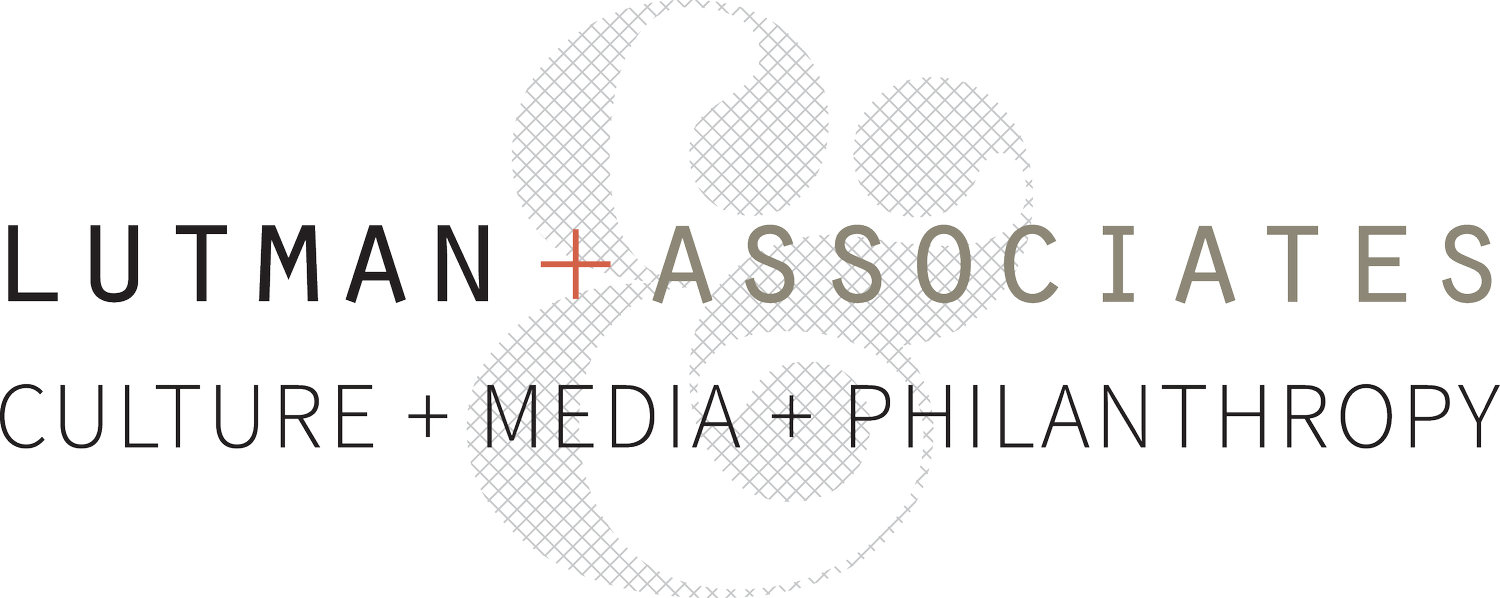Grantmakers and nonprofits involved in supporting youth entrepreneurship have ideas for ways the business community can support their efforts.
Initially published in the January edition of Twin Cities Business Magazine.
Minnesota nonprofits are part of a national philanthropic movement to support economic opportunity for young people by offering training and work experience that increases financial literacy, fosters entrepreneurial thinking and encourages community engagement.
Youth Social Entrepreneurship (YSE) is a growing effort in the sector, such that Minnesota now has an active YSE collaborative, YSE-MN. The collaborative’s members include grantmakers, youth-serving organizations and social enterprises providing employment and job skills programs for young people. YSE participants typically earn money while taking part in these activities. Focused mainly on teens, these programs offer a way to “learn and earn.”
Research published in February, conducted by Dr. Tina Kruse of Macalester College, explored YSE efforts at 30 programs in four cities, including Minneapolis-St. Paul. Kruse’s report documents that 90 percent of YSE programs specifically target low-income youth. She also shows that these programs not only aim to develop business and financial skills, but also have components that promote social and emotional learning. An additional benefit is the reliance of these programs on intergenerational mentorship and learning that builds relationships between experienced businesspeople and young participants. YSE programs also result in economic development that comes from locating youth businesses in low-income neighborhoods.
The YSE movement’s expanding reach and influence in Minnesota was evident at this year’s annual Youthprise summit in October, which was entirely devoted to youth enterprise. The summit brought together an audience of more than 300 youths who learned about successful youth-developed businesses and learned practical skills to advance their ideas and skills. Keynote speakers were Coco and Breezy, twin sisters and Minnesota natives, now 24 years old, who founded the ultra-hip eyeglasses company as teens. The twins talked about using social media to build their brand, and offered advice and inspiration to the hundreds of youths in attendance.
The lunchtime session at the Youthprise summit was a Technology and Training Expo sponsored by the Sundance Family Foundation. The expo helped business representatives in fields such as robotics, welding and commercial sewing industries connect with youths looking for promising career paths. The focus was on exposing them to living-wage jobs that require short-term training. With some manufacturers in Minnesota facing labor shortages, Sundance plans to expand these expo locations in the coming year to connect young people with Minnesota employers who need a larger pipeline of workers. This effort goes beyond Sundance’s direct financial support for youth-based businesses that include Cookie Cart, Northside Fresh, Juxtaposition Arts, Appetite for Change and other social enterprises that are using business development as a tool to employ youth. Participating youths create products and deliver services while receiving job and life skills training in a real-world setting.
Based in St. Paul, the Sundance Family Foundation was established by Nancy Jacobs and Mark Sandercott. The foundation has a primary interest in YSE and has been an engine for much of this work in our region. Sundance’s total grantmaking in 2015 was about $385,000, dwarfed by the grantmaking budgets of Minnesota’s largest philanthropies. The foundation is nonetheless a vocal advocate for YSE, commissioning research, organizing community meetings and actively seeking partners to expand the field.
It makes sense for Minnesota businesses to get involved in YSE, and fortunately there are multiple paths available. Many YSE enterprises offer goods and services that you can purchase. You can buy cookies for your office from Cookie Cart, the bakery and youth-development program on West Broadway in north Minneapolis (they deliver). Or shop at Dream of Wild Health when they visit local farmers’ markets to sell specialty crops and indigenous foods. You can donate clothing or shop at Sisterhood Boutique, a women’s used-clothing store in the Cedar-Riverside neighborhood in Minneapolis that employs East African young women as interns. There are many more examples in the Twin Cities.
Jacobs says these programs need a larger pot of money; with more dollars, existing programs could expand, and new programs could begin. That’s tied to a second need: a stronger evidence base—showing that the programs work as a way to increase economic opportunity for the youth involved. If these programs can establish a strong evidence base, they will be more competitive for federal funding, says Jacobs. The foundation and Wilder Research are working to build that evidence base among a cohort of 15 Minnesota-based YSE projects.
Finally, Jacobs says that the YSE movement needs industry champions. “There needs to be more networking and dialogue between the various markets in our ecosystem,” she says.
YSE needs partnerships with companies, and access to the skills and resources in the business community. It needs people who want to connect and to create the bridges and pipelines that help YSE programs successfully serve low-income youth. Could that champion be you?
Our region has one of the highest poverty rates for people of color among metropolitan areas in the U.S., with 46 percent of African-Americans living in poverty, compared with 9 percent of their white counterparts in Minnesota. There is an urgent need to create paths for low-income youths to earn family-sustaining wages. YSE models are promising, and they need more connections and support. I’m guessing that many readers of Twin Cities Business magazine are in the perfect position to help.
